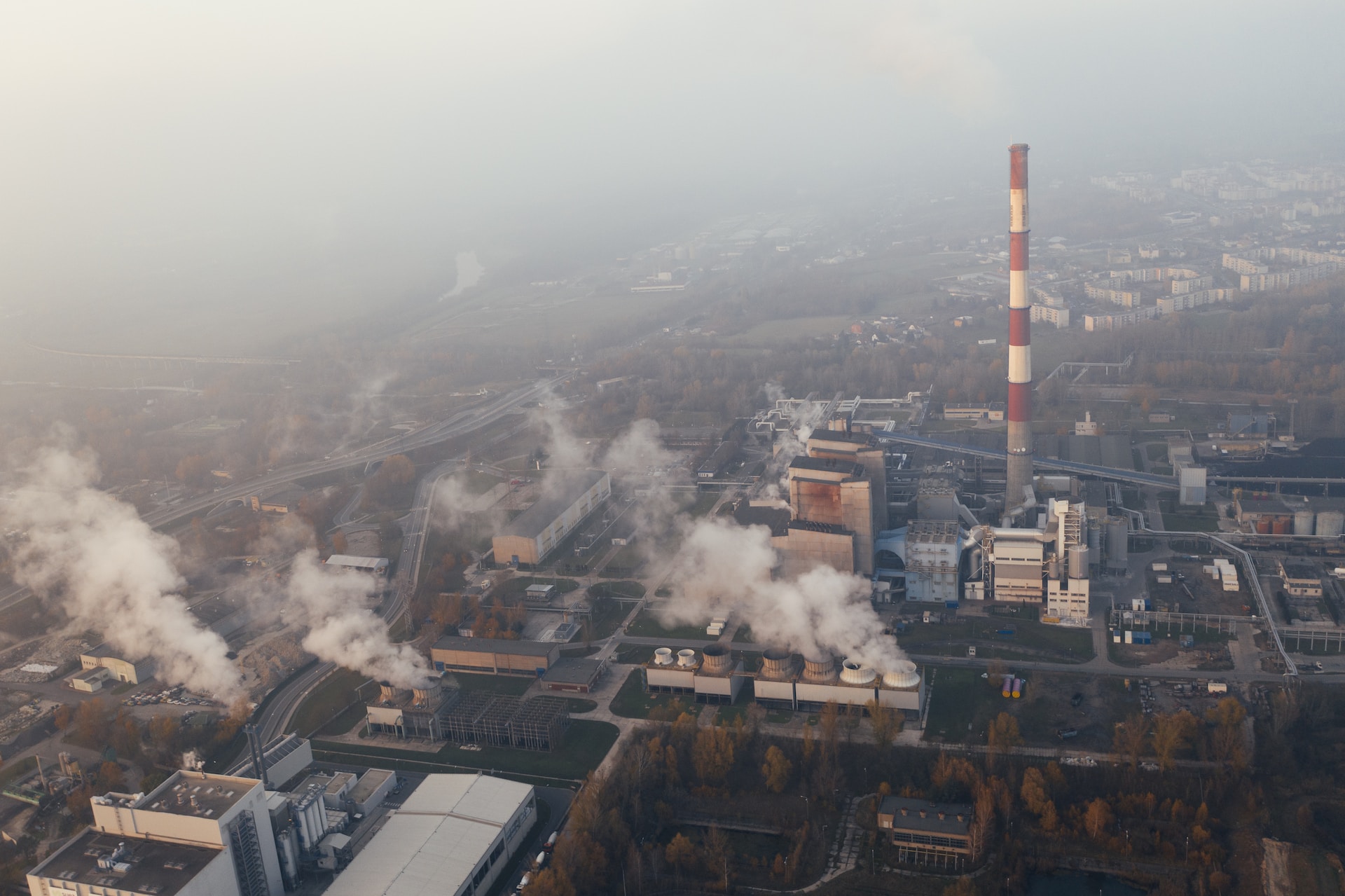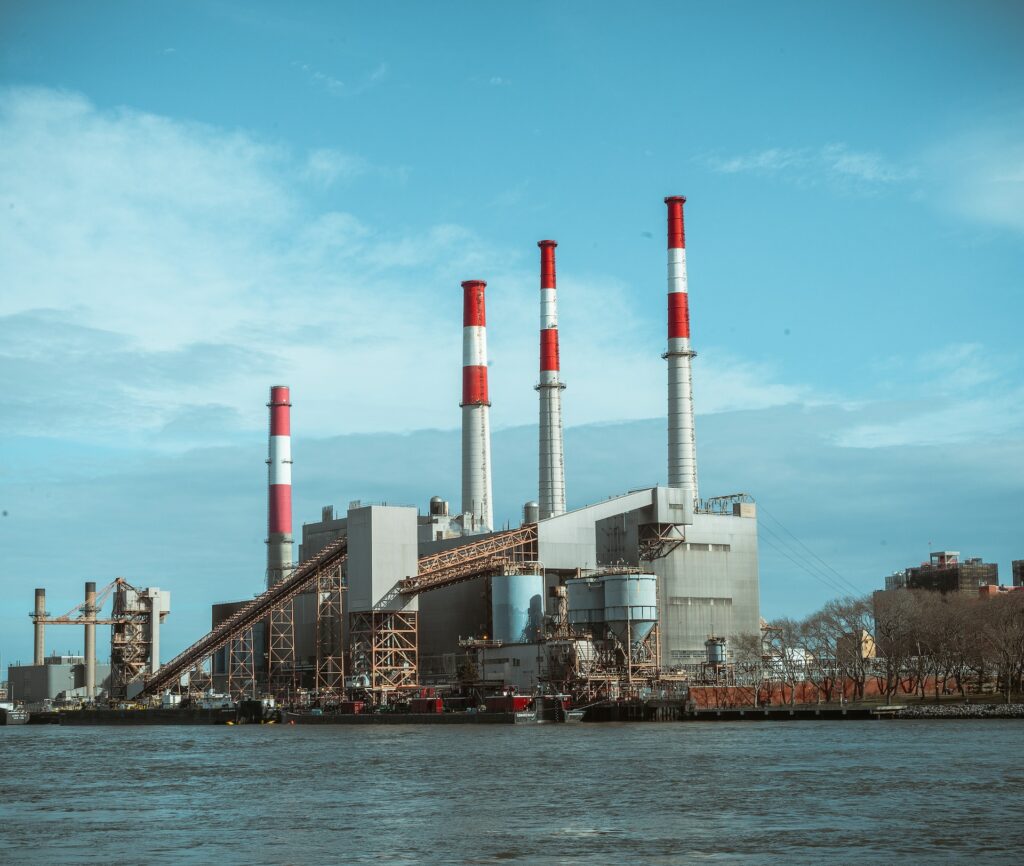[contact-form-7 id=”4740″ title=”Call me”]

Quality control in a chemical plant is of paramount importance to ensure the safety, efficiency, and consistency of processes and products. It plays a crucial role in maintaining compliance with regulatory standards, meeting customer expectations, and minimizing operational risks. Achieving excellence in quality control requires a comprehensive approach that encompasses various strategies and practices.
In this article, we will delve into the intricacies of quality control in a chemical plant, discussing key standards, methodologies, and best practices that contribute to a successful quality management system.
The foundation of quality control in a chemical plant rests upon adhering to rigorous industry standards and guidelines. These standards provide a benchmark against which processes, materials, and products are evaluated. Organizations must establish a clear framework of standards, encompassing aspects like safety protocols, environmental regulations, and product specifications, as the team of experts behind venogen.com explains. Adhering to these standards not only ensures product consistency but also demonstrates a commitment to safety and sustainability.
A robust Quality Management System (QMS) is the backbone of effective quality control. It encompasses a set of interrelated processes that facilitate quality achievement and continuous improvement. Developing a QMS involves defining quality objectives, establishing key performance indicators, and implementing procedures for monitoring and corrective actions. The QMS provides a systematic approach to track and enhance quality throughout the plant’s operations.
Analytical techniques play a pivotal role in quality control by providing insights into the chemical composition, purity, and physical properties of materials and products. Techniques such as chromatography, spectroscopy, and titration enable accurate analysis and identification of substances. These methods aid in detecting impurities, ensuring conformity to specifications, and validating the integrity of raw materials and finished products.
Modern chemical plants leverage advanced technologies for real-time monitoring and process control. Automation systems equipped with sensors and instruments continuously gather data on various process parameters. This data is analyzed to ensure processes are within defined tolerances and deviations are promptly addressed. Real-time process control minimizes variations, enhances product consistency, and reduces the likelihood of defects.
Testing and inspection protocols form an integral part of quality control, encompassing both in-process and final product assessments. Comprehensive testing evaluates factors such as viscosity, pH, density, and chemical reactivity. In-depth inspections involve visual assessments, microscopic examinations, and non-destructive testing methods. Thorough testing and inspection protocols ensure that products meet required specifications and possess the desired attributes.
Accurate documentation and traceability are critical components of quality control in a chemical plant. Detailed records of processes, materials, tests, and inspections provide a historical perspective on product quality and process performance. In the event of deviations or issues, these records facilitate effective root cause analysis and corrective actions. Additionally, traceability ensures accountability and transparency throughout the supply chain.
Quality control in a chemical plant is a dynamic process that necessitates continuous improvement. Organizations must establish a culture of proactive quality enhancement, fostering an environment where employees are empowered to identify and address potential issues. Regular quality audits, performance reviews, and feedback mechanisms contribute to the ongoing refinement of processes and procedures.
In today’s global context, environmental consciousness and regulatory compliance are integral components of quality control in a chemical plant. Stricter regulations are aimed at minimizing the environmental impact of chemical processes and ensuring the safety of both workers and surrounding communities. Effective quality control includes measures to track and manage emissions, waste disposal, and adherence to safety protocols. By prioritizing sustainability and compliance, chemical plants not only uphold their ethical responsibilities but also contribute to the preservation of the environment for future generations.

In the intricate landscape of a chemical plant, quality control emerges as a non-negotiable factor that influences safety, productivity, and customer satisfaction. Adhering to stringent standards, implementing robust quality management systems, harnessing analytical techniques, embracing real-time monitoring, and employing comprehensive testing protocols collectively contribute to a holistic quality control framework. The synergy of these strategies ensures that products meet specifications, processes remain optimized, and operational risks are mitigated.
As the chemical industry continues to evolve, the significance of effective quality control cannot be overstated. By nurturing a culture of continuous improvement and investing in employee training initiatives, chemical plants can proactively adapt to changing demands and emerging technologies. Through an unwavering commitment to quality, chemical plants can not only uphold their reputation but also contribute to the greater goal of sustainable and responsible manufacturing.